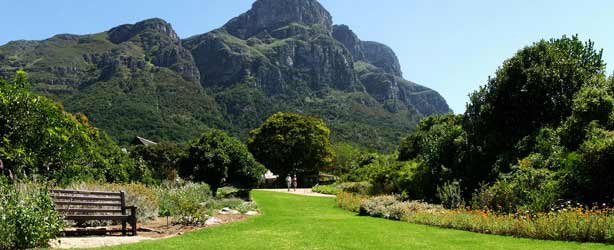South Africa’s most special café where 5 of 5 who’ve ...


Help the Western Leopard Toad
The vulnerable Western Leopard Toad needs your help to survive this August
The International Union of the Conservation of Nature (IUCN) has listed the Western Leopard Toad as an endangered amphibian.
During the month of August these toads are most active and mobile. With the arrival of the first post winter, warm weather the toads start their breeding period and are therefore at their most vulnerable.
The toads are rough and dry to the touch and are easily identified by their elaborate leopard markings of chocolate brown patches on a bright yellow background. These markings are symmetrically paired, with a yellow stripe down the backbone. The toads’ forehead varies from pink-brown to red and its throat is a granular cream.
During the dry summer months, toads remain dormant in gardens, but forage at night. It is at this time that they build up their food reserves to prepare for the most taxing period of their year, the breeding season.
The breeding season typically falls between late July and early September, during which time each breeding site is actively used for about two weeks at the most. Toads face their biggest threat over this short period as they are mobile and travel at night, often crossing over busy roads to and from the water bodies where they breed.
Due to their nocturnal movements, it is often difficult to spot the toads on wet, dark nights and many succumb to vehicles driven by unobservant motorists.
Every August, some residents in the breeding areas of these toads make an effort to save migrating toads from vehicles. Current groups are, however, still too small to have a successful impact. To stop the decline in toad numbers more vigilance, sensitivity and compassion is required from motorists when driving through these areas.
Capetonians are urged to become a volunteer and give up an evening or two in order to lend a hand. Volunteers move toads across roads, record measurements, location information etc and take photographs.
Interested persons can contact Mark Day on cell 082 516 3602 or e-mail leopardtoad@gmail.com
More information on the toad is available on the website leopardtoad.co.za
For updates on South African and Cape wildlife and nature in and around Cape Town, be sure to subscribe to our free monthly Editor’s Picks Newsletter and follow us on Twitter.







